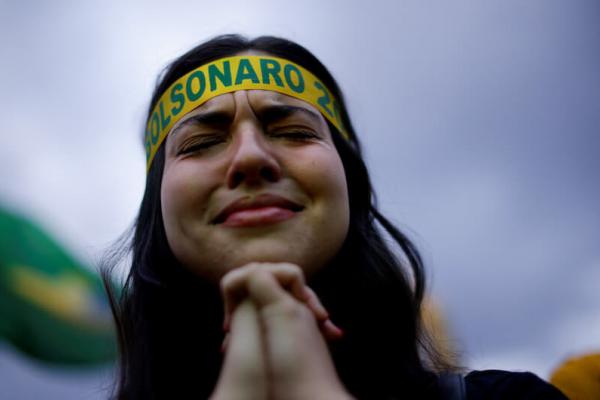Nov 10, 2022
This election is just the most recent manifestation of deeper social divides in both the U.S. and Brazil. Benjamin A. Cowan, a historian at the University of California San Diego, notes that, since the 1980s, both countries have experienced a coalescing of “moral majorities” and right-wing populist groups, often with conservative Christians on the front lines. In Brazil, like in the U.S., certain affinities are grouped together. In the United States, a political slogan like “Jesus, guns, babies” attracts conservative constituents. In Brazil, conservatives rally around “beef, Bible, and bullets.” No wonder it feels like Texas.
Read the Full Article

Already a subscriber? Login
